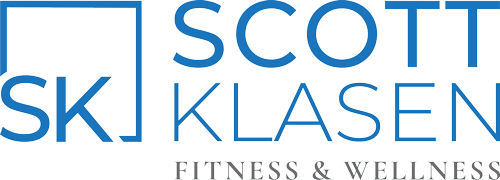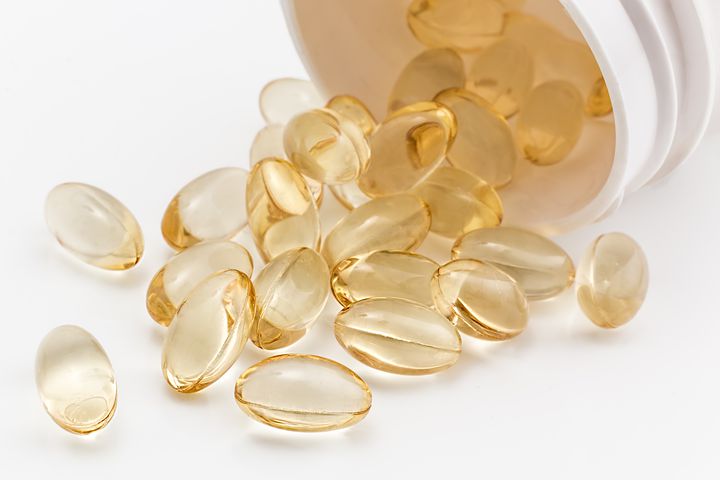A little while back after a training session, a client asked me to take a look at a protein powder supplement that caught his attention. He grabbed his current copy of Men’s Health and proceeded to leaf through it until he found the the advertisement for this particular product.
To be honest, I don’t even remember what the name of it was because it was one of those ads that just said “advertisement” in small letters across the top of the page without giving you the name of the actual product. However, you could proceed to read about all the wonderful things that will happen to you should you choose to try this product.
My client’s question was a simple one. Does this look any good? A fair question. And the reason why I’m sharing this with you today is because many of you have probably wondered the exact same thing.
So I proceeded to do what I always do when I evaluate a product – I look at the ingredients. It listed a few but not all of them. What was listed appeared to be good quality ingredients but the advertisement was more focused on what this protein supplement could do for you. And understandably so.
Notice how I said “appeared.” Here’s the thing, I honestly don’t know. And you don’t either. You might not know this, but vitamins, supplements, or any other health and performance enhancing substance found in the aisles of your favorite store or online are not regulated by the FDA.
What does this mean? It means that of those ingredients listed on the label, it might have all, some, or none of them and no one is really checking! Kind of an unsettling thought, huh?
Now compare this to food or a bottle of ibuprofen. Let’s say you have a can of black beans and the ingredients listed are black beans, water, and salt. For the most part, you can pretty much rest assured that this is what you are going to get (by law, food labels need to fall within 25% accuracy). On the same token, 200mg of ibuprofen is 200mg of ibuprofen. The same cannot be said about a poorly regulated supplement industry.
Here’s what you need to be aware of concerning your nutritional supplements:
- Anything can be on the label. What’s listed may or may not be in the bottle.
- The dose can vary widely between batches.
- The product doesn’t have to be pure. You don’t know for sure what’s in it and you can’t simply trust the stated purity of the ingredients.
- The product can have ingredients not on the label. These could include banned substances or ingredients you might be allergic to.
- It might contain things you don’t want. Sugar, artificial sweeteners, glycerin, soy, artificial colors, etc.
- The label can claim whatever it wants.
- A supplement doesn’t have to be proven safe before it can be sold.
I suggest you read that last point again.
I’m not going to get into this here, but I would encourage you to take 10 minutes or so and research this for yourself. You will be surprised with what you find.
Okay, so now that you know much of what’s out there is likely not very good, what can you do? I have three suggestions for you. First, you can look for products that have been USP verified. When you see this mark, it indicates the ingredients listed on the label are actually those in the product in the declared strength and amounts. It does not contain harmful levels of contaminants, and is made according to FDA and USP Good Manufacturing Practices.
This is all good for the consumer, but there is something else you also need to keep in mind. When ingredients are sourced for a supplement, they can range from poor to excellent. Why does this matter? Poor quality ingredients often will not get the user the intended results. Unfortunately, this important point is not necessarily addressed under USP verification.
This can also be problematic because the whole reason for taking a supplement in the first place is to achieve some desired result, and not to flush your money down the toilet. This is why good quality supplements from a reputable company often sell for considerably more. Higher quality ingredients are more expensive, and in many cases, just work better than the cheap stuff.
Second, if you or a loved one happens to be an athlete who undergoes drug testing and whose athletic eligibility could be at risk, please only use products that are NSF Certified for Sport. If you’re randomly using legally purchased supplements right off the store shelf, there’s a 25% chance you’re taking banned substances without even knowing it.
Third, unless you are lucky enough to personally know someone who works for a supplement company who can vouch for the quality of the products, you need to find someone you can trust and follow their recommendations.
It took me years to find a company in which I could comfortably place my trust. For what it’s worth, I personally use and recommend products from Thorne Research. Not only do they offer the highest quality products on the market, they are safe, and they work. Sadly, this can be a pretty shady business where your health and well-being often plays second fiddle to profit.
Although I just scratched the surface on this topic today, I hope this information helps you make better-educated decisions the next time you shop for your nutritional supplements.

